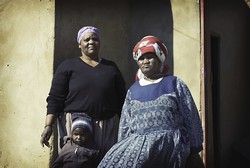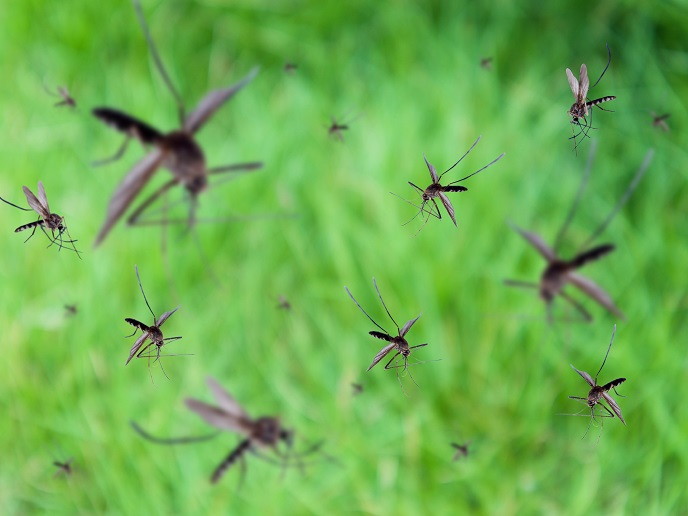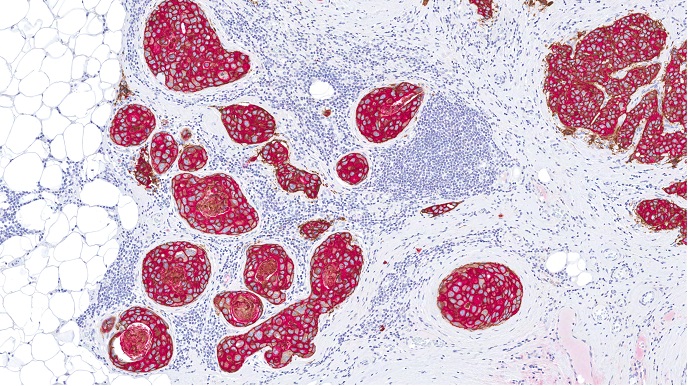EU and Africa team up against female genital schistosomiasis
Female genital schistosomiasis (FGS) occurs when the parasite Schistosoma ectopically locates in the female genital system. FGS sufferers are subject to gynaecological contact bleeding, friable blood vessels, inflammation and ill health. Remarkably, they also have a nearly four-fold higher susceptibility to HIV infection. Since FGS symptoms may mimic those typical of sexually transmitted infections, sufferers may be incorrectly diagnosed. The scope of the EU-funded VIBE-FGS-EUSAN (Prevention and improved diagnosis of adolescent genital disease in schistosomiasis endemic KwaZulu-Natal, South Africa) project was to improve the diagnosis of FGS in endemic areas in order to reduce associated morbidity and HIV transmission. The project involved the exchange of research scientists and clinicians who undertook courses in statistics, laboratory technology transfer and FGS. Exchange staff learnt new and advanced scientific methods in their field of research, and had access to good research facilities and high-tech equipment. Researchers provided an overview of FGS gynaecological lesions for clinicians, researchers and health professionals in training. They explored cytology as a method for diagnosis and found that molecular-based methods such as polymerase chain reaction were more sensitive at detecting Schistosoma. Papanicolaou smears, albeit commonly used in low-resource areas by doctors and nurses for the diagnosis of cervical cancer, were not effective in parasite detection. A booklet was published for distribution to health workers in all schistosomiasis-endemic areas. Apart from fundamental insight into FGS symptoms and diagnosis, VIBE-FGS-EUSAN strengthened the cooperation between Africa and Europe and developed long-lasting and effective research partnerships. The training enhanced the quality and scientific competence of endemic regions and the clinical guidelines will help ensure the effective diagnosis and treatment of FGS.







